
Canada's Ambitious Housing Plan: A Blueprint for Global Construction?
In a bold move aimed at addressing its ongoing housing crisis, Canada is exploring plans that could transform the nation into a leading global hub for residential construction. Former Bank of England Governor Mark Carney has presented a strategic proposal that envisions a drastic increase in the production of affordable homes, effectively positioning Canada as the "housing factory of the world." This initiative has garnered significant attention as the country grapples with soaring real estate prices and a pressing shortage of dwellings.
Continue reading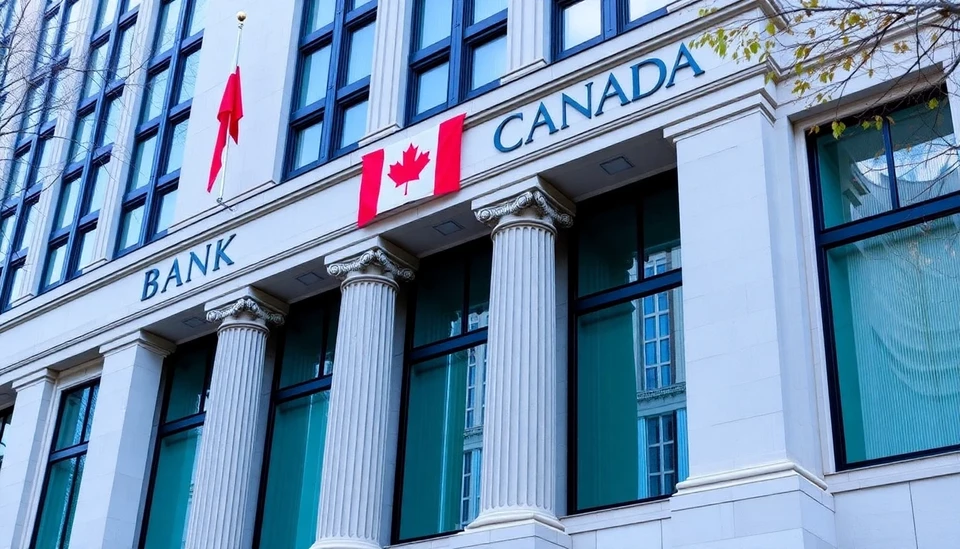
Bank of Canada Maintains Interest Rate Amid Trade Uncertainty
In a pivotal announcement on April 16, 2025, the Bank of Canada has decided to hold its key interest rate steady at 2.75%. This decision comes in the wake of ongoing trade tensions and an unclear economic landscape. The central bank made it clear that it would continue to monitor developments closely, particularly regarding international tariffs that could impact the Canadian economy.
Continue reading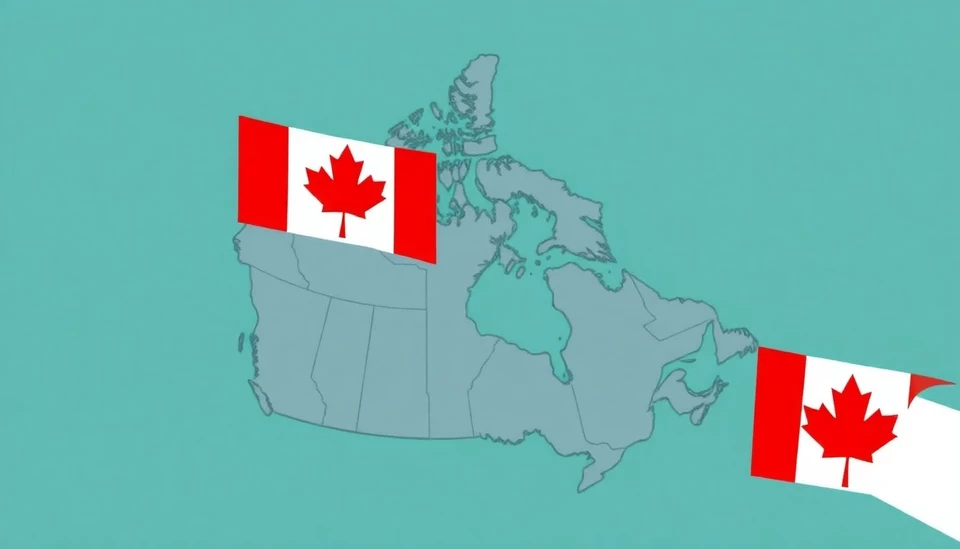
Canadian Economic Projections Diminished Amidst Intensifying Trade Conflicts
In a significant shift that reflects the current economic climate, economists have drastically reduced their growth forecasts for Canada, attributing this revision primarily to the escalating trade tensions with major global partners. This development has raised concerns among stakeholders about the potential long-term impacts on the stability and resilience of the Canadian economy.
Continue reading
Canada's Economy Stagnates in February as Tariff Concerns Loom
In a surprising revelation, Canada’s economy showed signs of stagnation in February, marked by uncertainties associated with potential tariff impositions. Recent data has underscored that the nation’s economic growth has stalled, and policymakers are now faced with significant challenges as trade tensions escalate. The overall expectation of an increase in tariffs, particularly from influential trading partners, has contributed to an air of trepidation among both investors and consumers in Canada.
Continue reading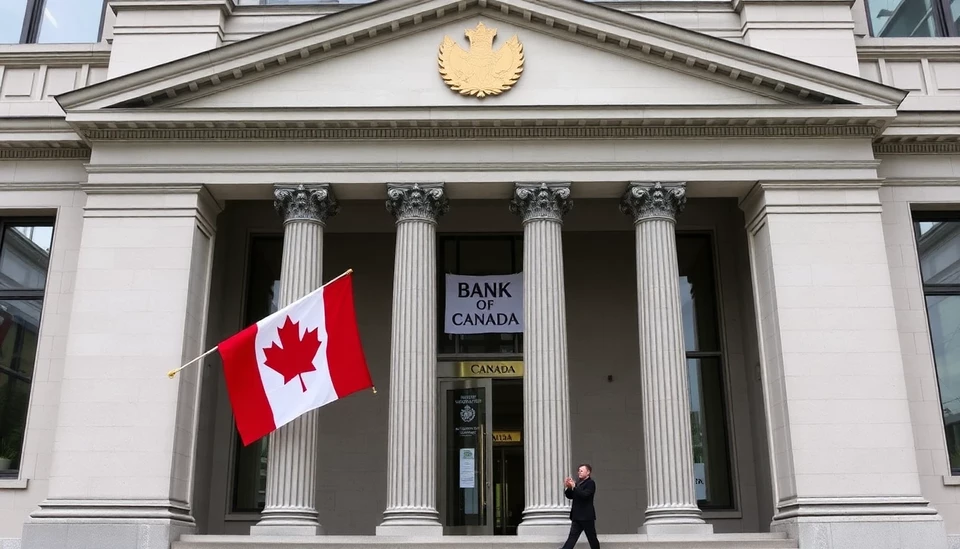
Bank of Canada Faces Tough Decisions Amid Tariff Pressures
The Bank of Canada recently found itself at a crossroads, deliberating whether to pause its interest rate hikes during a critical meeting in March. The contentious discussions centered around the potential economic repercussions of new tariffs, which ultimately swayed the central bank's decision-making process.
Continue reading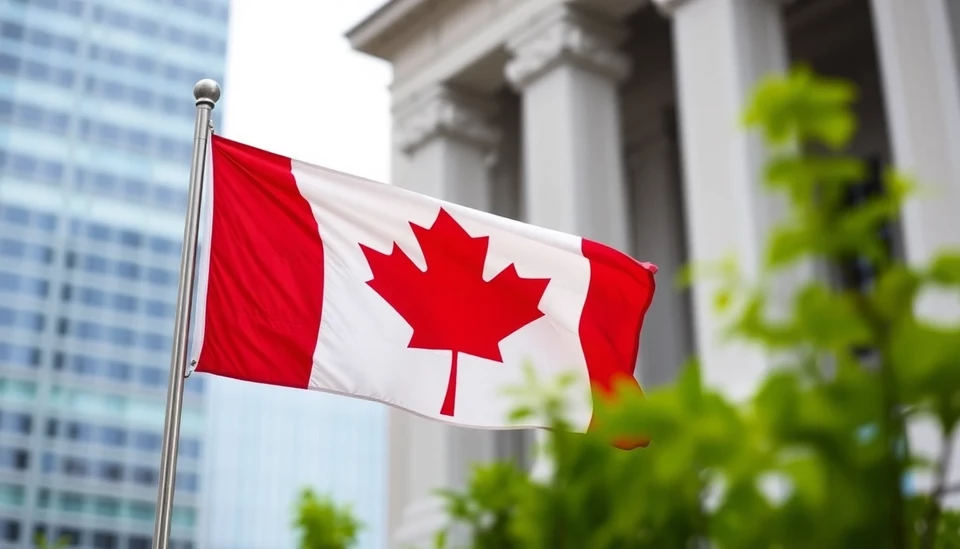
Bank of Canada Makes Strategic Rate Cut to 2.75% Amid Ongoing Tariff Concerns
In a pivotal move reflecting the evolving economic climate, the Bank of Canada has announced a reduction in its key interest rate from 3.00% to 2.75%. This decision, made during a recent monetary policy meeting, marks the central bank's strategic response to a mixture of domestic and international economic pressures, particularly around tariffs and trade-related uncertainties.
Continue reading
Trump's Trade Threats Begin to Shake Up Canadian Credit Markets
In a developing situation that has significant ramifications for the Canadian economy, the trade threats posed by former President Donald Trump are starting to take their toll on the Canadian credit markets. As uncertainty looms large, investors are beginning to reassess their positions, prompting a shift in financial dynamics that could affect both public and private sectors in Canada.
Continue reading
Canada's Economy Surprises Analysts with Robust 2.6% Growth in Q4 2024
In a surprising turn of events, Canada’s economy demonstrated remarkable resilience during the fourth quarter of 2024, posting a growth rate of 2.6%, significantly outperforming economists' predictions of a more modest increase. This robust performance has sparked discussions about the underlying factors contributing to such unexpected economic strength in a time characterized by global uncertainties.
Continue reading
Consumer Confidence in Canada Dips Amid Trade Tensions
Recent data reveals a noticeable decline in consumer confidence in Canada, attributed primarily to ongoing trade threats with the United States. For several months, escalating tensions surrounding trade policies have fostered uncertainty among Canadian consumers, leading to a significant impact on their economic outlook.
Continue reading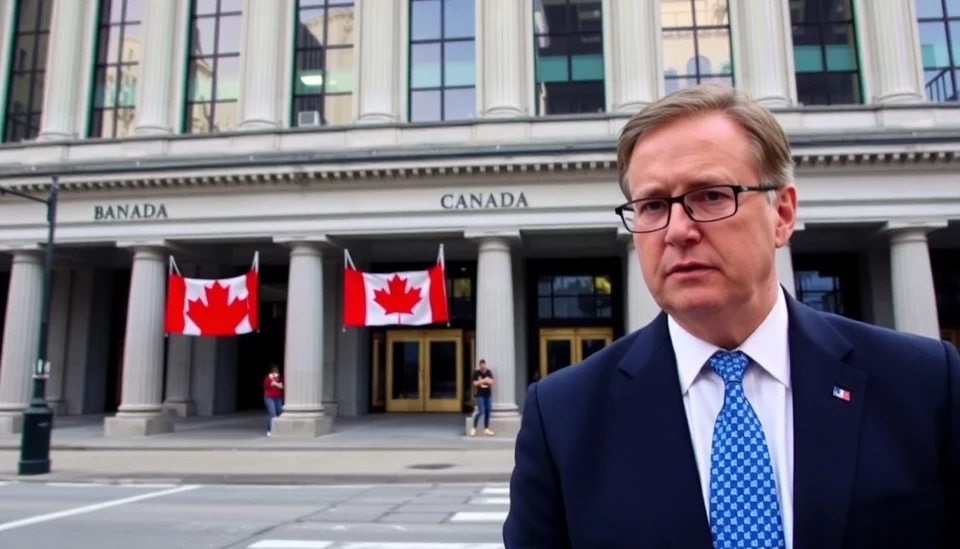
Bank of Canada Governor Expresses Skepticism Over Core Inflation Measures and Promises a Fresh Review
In a move that has sparked considerable attention within the financial sector, Bank of Canada Governor Tiff Macklem voiced his doubts regarding the efficacy of current core inflation metrics. During a recent public engagement, Macklem emphasized the need for a comprehensive examination of how core inflation is calculated and utilized, suggesting that the existing frameworks might not be adequately reflecting the true economic landscape.
Continue reading